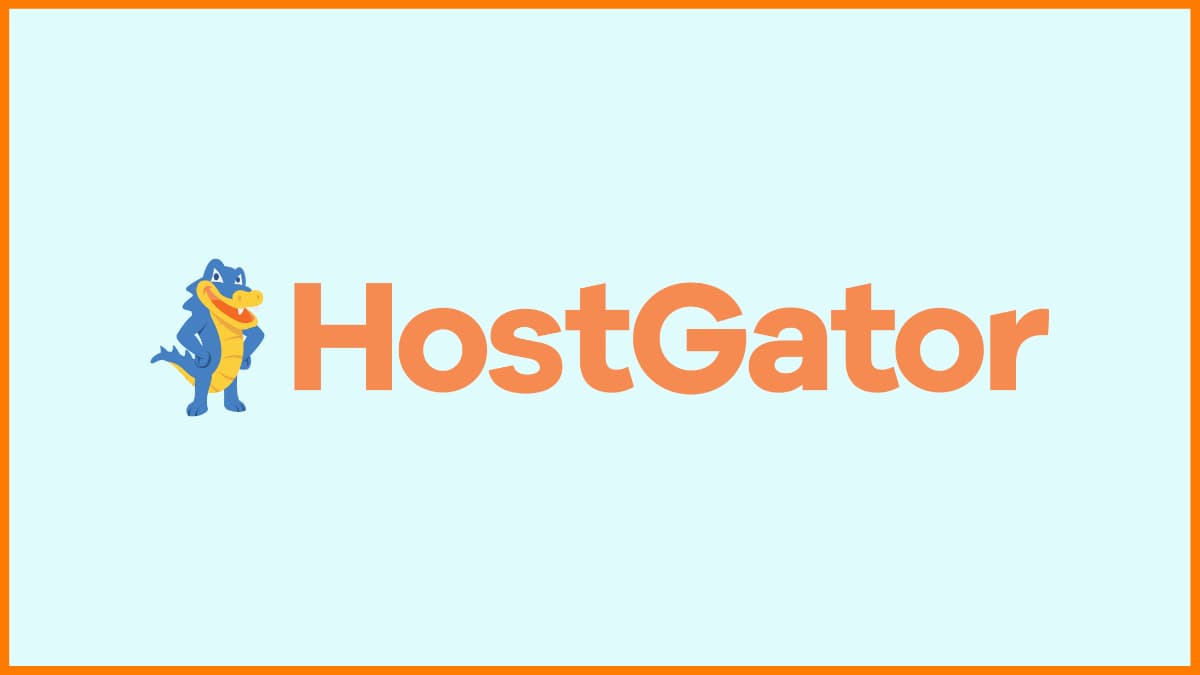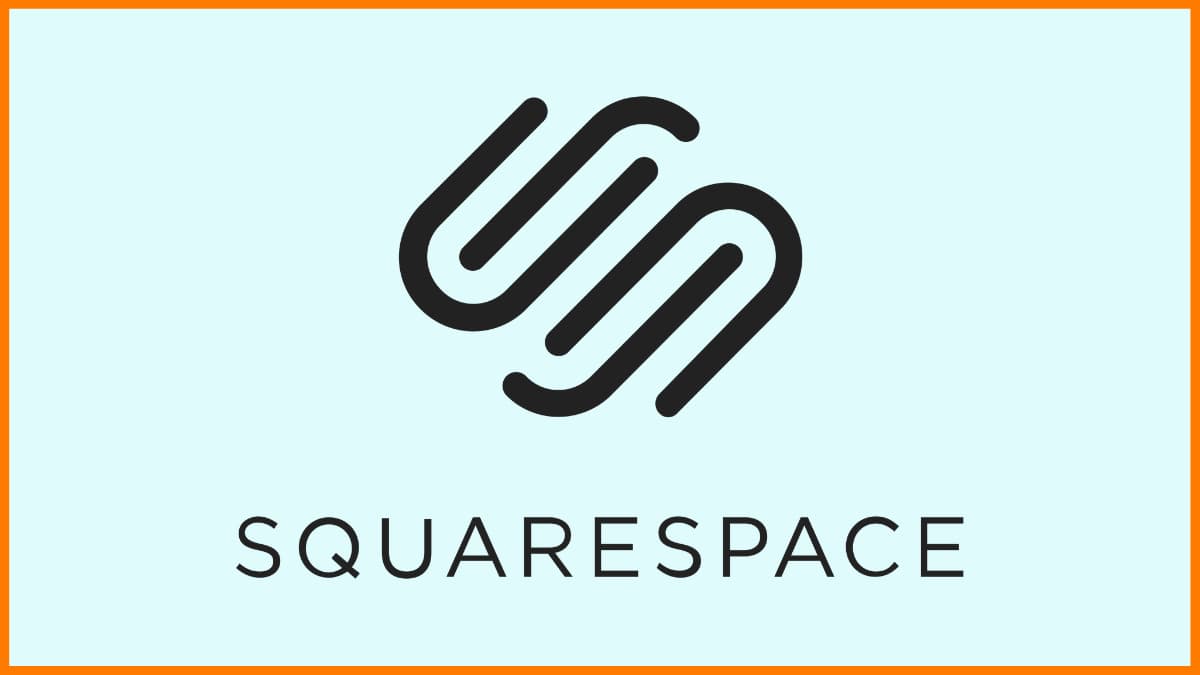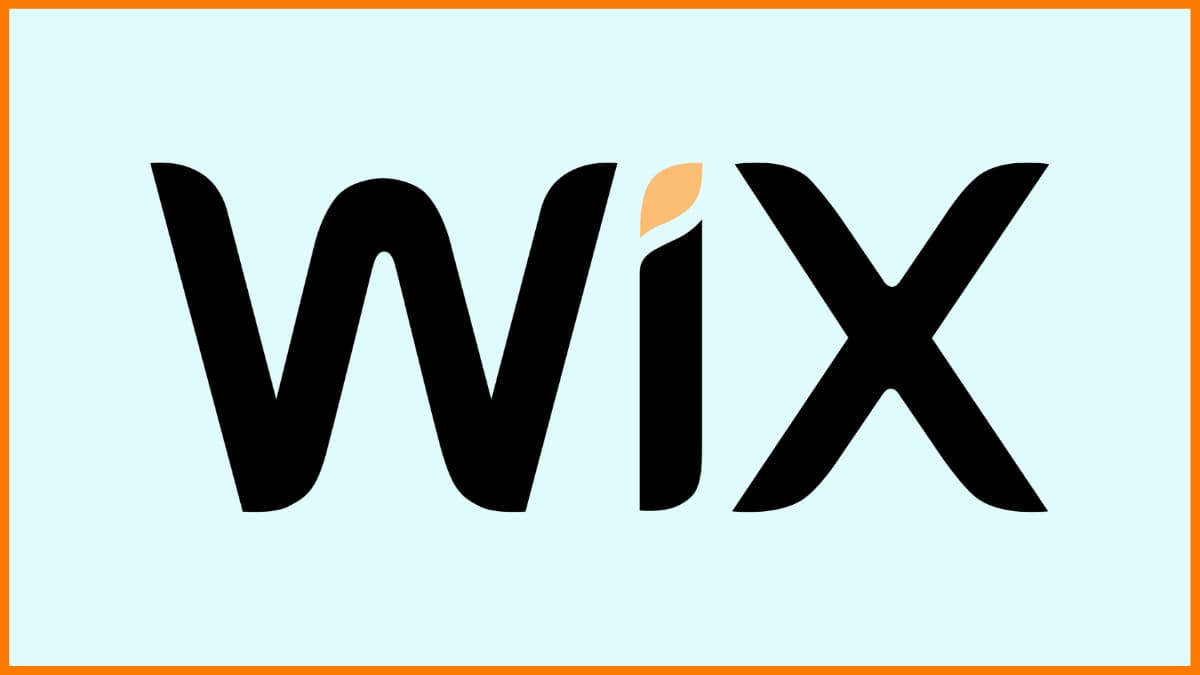
Top 6 Blog Hosting Platforms: With the use of blogging platforms, people can easily connect with others who share their interests, share their thoughts and ideas with the world, and promote free discussion and idea exchange. Because strong blogs may draw a substantial audience and develop a committed following, these platforms can also be a useful marketing and branding tools. The main blogging platforms that are currently available are listed below. You should find the solution that best meets your needs and budget.
Top 6 Blog Hosting Platforms
New bloggers can start their careers on any number of blog hosting services. The top and most well-known are, among others:
1. WordPress

In the entire world, WordPress.org is the most widely used blogging platform. Since its founding in 2003, WordPress has gained control of more than 30% of the internet and about 60% of the CMS market. With the free, open-source blogging platform WordPress.org, you can create a blog or website in a matter of minutes. As a self-hosted solution, WordPress requires that you sign up with a hosting provider. WordPress is a great choice if you want complete control over every aspect of your blog.
Benefits of WordPress
- You have complete control over the website’s functionality.
- To build your website and make it distinctive, you can use the free themes that are accessible.
- On WordPress, making SEO-friendly URLs is quite simple.
- WordPress offers more than 59000 plugins so that you can add various features to your website, such as galleries and contact forms.
WordPress’s drag-and-drop editor is a bonus because it makes creating content simple.
Cons of WordPress
- Security and backups must be handled by you.
- The website could abruptly and at any time go down.
- You can decide against using this hosting platform as a result of the page’s slow loading time.
2. Constant Contact Website

With the advanced AI-powered website builder on the Constant Contact website, you can quickly and easily establish a free blog, business website, or even an online store. Starting with their sizable library of templates, you can simply change the design of your website utilizing a drag-and-drop user interface. You also have access to additional useful tools like a custom logo design, a professional stock photo repository with over 550,000 photos, an online store, and much more.
Constant Contact’s benefits
- Compared to other hosting platforms, the website is simple to build with tools.
- offers reliable backup and security
Cons of Constant Contact:
- Old templates can be safely stored and used in the future
- The templates were a touch dated and lacked some elegance.
- There are no distinctive features that could improve the appearance of the blog website.
- It costs more than alternative hosting platforms.
3. HostGator

One of the most well-known and renowned web hosting providers, HostGator, is the creator of this blogging platform. Gator provides a drag-and-drop website builder that can be used to create any form of a website, including online stores, in addition to blogs and business websites. According to reports, Gator is the best choice for anyone looking for a comprehensive blogging platform.
Benefits of HostGator
- Your website construction will be simpler thanks to the drag-and-drop capability.
- The HostGator itself is in charge of managing backup and security.
- On any subscription, SSL certificates and domains are free.
- Cons of Gator The amount of plugins that can be utilized on a website is restricted.
- There is no free version available.
4. Medium

Since its launch in 2012, Medium has developed into a sizable community for writers, bloggers, and journalists. Anyone can utilize the online publishing platform known as Medium in any way they see fit. After creating an account, you can start publishing blogs right away. Medium is used by between 85 and 100 million people each month, which is a large number.
Benefits of Medium
Due to the lack of coding skills needed, it is simple to use.
One need not worry about website design and can just concentrate on their blogs.
Due to its focus on persons with similar interests, the audience is relatively accessible.
Con’s of Medium
- There are no useful tools that can assist you in developing your brand, making it difficult to make money through Medium because you cannot
- Run advertising on your own.
- You are not permitted to use your domain name.
5. Squarespace

You may construct stunning websites using Squarespace, a website-building service that was founded in 2003. The best feature of Squarespace is its drag-and-drop functionality, which makes it easier for users to build websites. Squarespace is ideal for people who want to use their blogs to establish a strong online presence.
Benefits of Squarespace
- Because Squarespace is so user-friendly and requires no technical expertise, anyone can use it.
- Squarespace offers a distinctive selection of templates that may be utilized to build a website.
- Domain names and SSL Certificates are offered
Cons of Squarespace
- There aren’t many unique features that can boost the creativity and originality of websites.
- The speed of the developed web pages is rather slow.
6. Wix

A platform for creating websites is called Wix. It provides a means for small companies to create a website using drag-and-drop applications. You may incorporate a blog into your website by using the Wix Blog app. Wix.com was created in 2006 as a platform that made it simple and unnecessary for anyone to learn how to code in order to create a stunning website. More than 200 million people use it globally right now.
Wix’s benefits
- You can utilize a variety of imaginative templates to improve the appearance of your website.
- No coding or technical expertise is needed to create the site.
- Wix offers your website the required security.
Con’s of Wix
- Once you’ve chosen a template, you can’t switch to a different one.
- There are fewer plugins.
Conclusion
Your first instinct would be to choose the best value—something reasonably priced with tempting features and an abundance of customer support. Choosing blogging as a career path is becoming increasingly common. Therefore, selecting the appropriate blogging hosting platform is crucial. A platform must be chosen that offers all the features required for a blog hosting platform.






